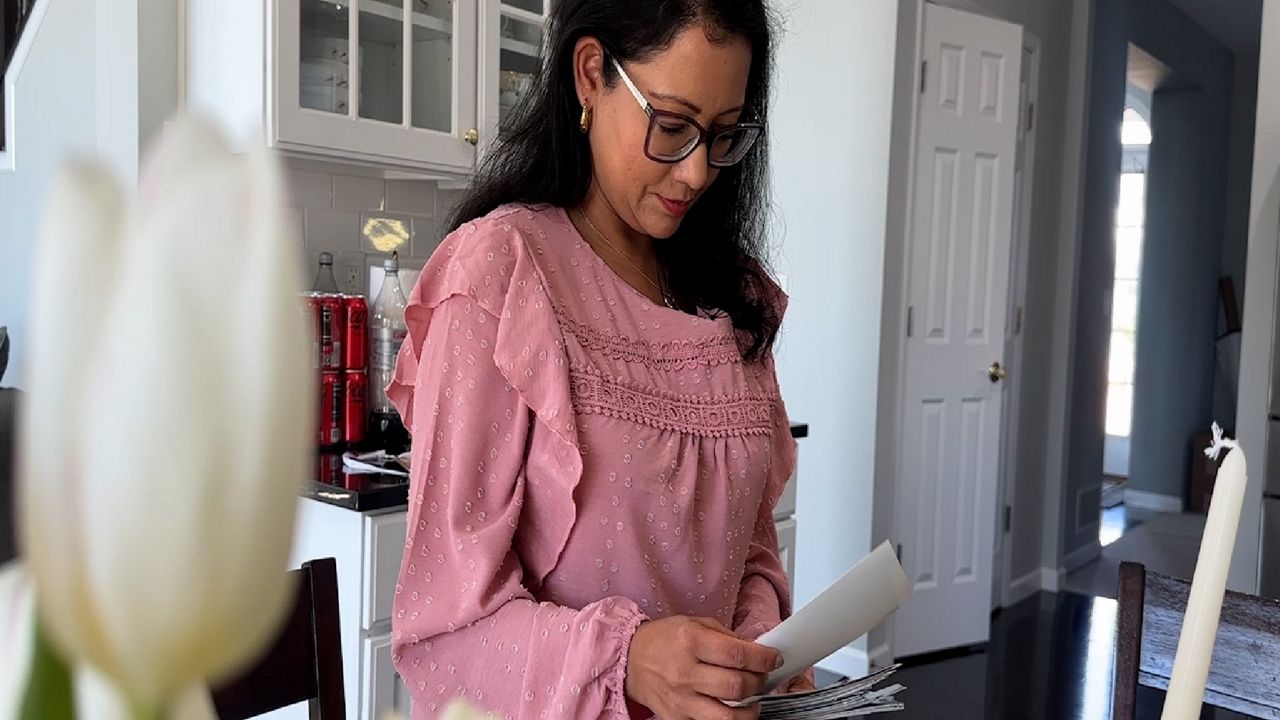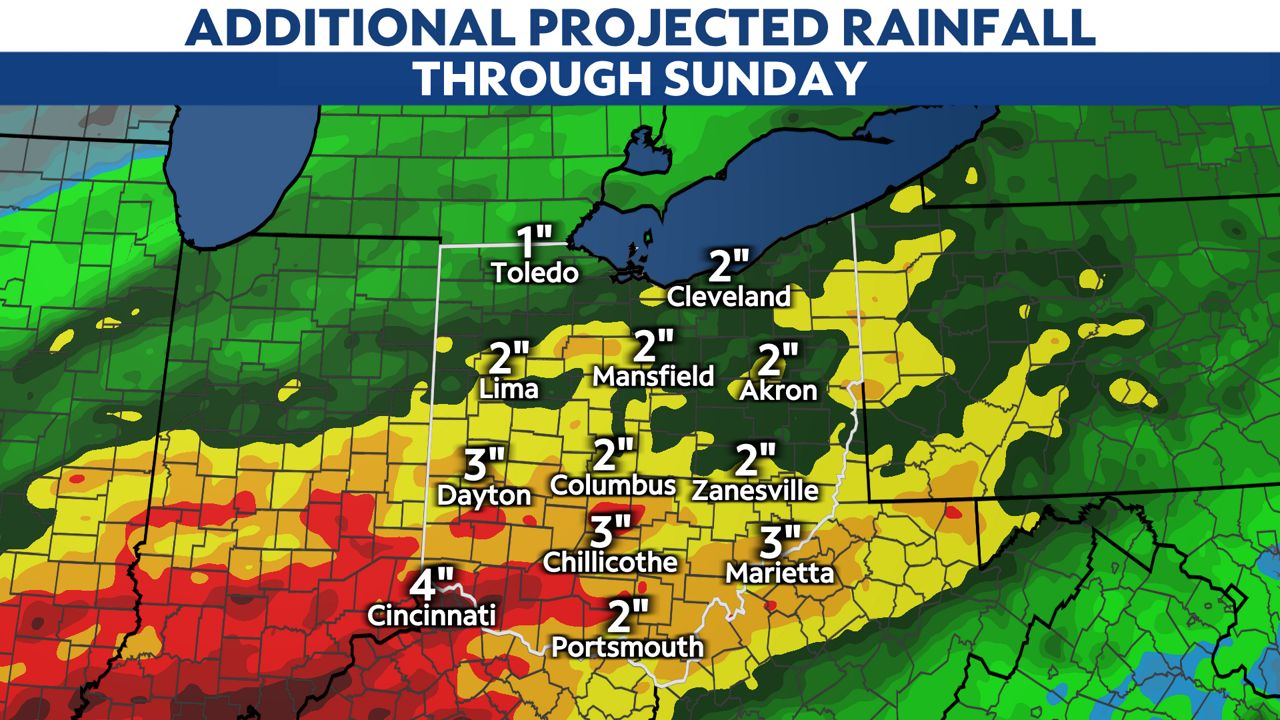CLEVELAND — Public health leaders consider lead poisoning a crisis in Cleveland, where over 90% of homes were built before lead paint was banned in 1978 and the rate of lead poisoning is four times the national average, according to the Lead Safe Cleveland Coalition.
In 2019, Cleveland City Council passed legislation that requires landlords to get their properties “lead safe certified” every two years, but data from the Lead Safe Cleveland Coalition shows a shrinking number of properties are participating.
“And so now, two-and-a-half years into implementing the law, we’re at this pivot point where we need to do more,” City Council Member Rebecca Maurer said. “But we also need to recognize that we’ve done a lot.”
Before Maurer was elected to serve ward 12 in 2021, she worked as an attorney at legal aid.
One client, a mom whose child had lead poisoning, opened Maurer’s eyes to what she says was the mismanagement of those cases by the city at the time.
“This is an example of a case that fell through the cracks because testing had happened. They had found elevated levels of lead on the windowsill of her child’s bedroom where her toddler was pulling herself up to learn how to walk, and they had never told the mom,” Maurer said. “They never told the landlord, and months had gone by without any action.”
Children are particularly vulnerable to lead poisoning, which research from the Cleveland Clinic shows can severely affect mental and physical development and for which there is no cure.
Some research has even linked lead poisoning to an increase in criminal behavior.
“On a societal level, what we know, is that Cleveland needs to tackle its lead problem if we are going to be successful as a city, and if we are a place where every child has the chance to learn and thrive,” Maurer said.
In Cleveland, lead is often detected in old homes where paint is flaking, exposing residents to poisonous particles.
In 2019, before she was elected to council, Maurer and other community activists formed a coalition that is now called Cleveland Lead Advocates for Safe Housing (CLASH) to push legislation through city council that requires landlords to prove that their properties are safe from lead hazards every two years.
The program incentivizes participation with grants, but enrollment has steadily declined in the past five quarters.
In an effort to increase compliance, the mayor’s office and city council are working to overhaul the city’s housing code with a “resident’s first” approach.
Part of that overhaul includes issuing civil fines and tickets to landlords who don’t certify their properties.
“We have to make sure that there are both carrots and sticks for landlords,” Maurer said. “That they both have reasons to comply with the law, and if they don’t comply with the law, something’s going to happen to them.”
Yvonka Hall, president of CLASH and Executive Director of the Northeast Ohio Black Health Coalition, said she and other activists have been calling for stronger enforcement measures since the lead safe program was created.
While she’s glad they’re cracking down now, she said she’s disappointed it took this long.
“This is not a complicated issue,” Hall said. “We are making it more complicated because of our failure to act. The simple fact is the longer we don’t do the things that we need to do, the more children we are going to have that go straight from the cradle to prison.”
Maurer said she’s committed to seeing the Lead Safe Initiative succeed and is hopeful the new housing code is a step in the right direction.
“The number one thing we need to do as a city is make sure more landlords are complying with this law,” Maurer said.
The city’s resident’s first proposals have to go through committee before being approved by council, something city leaders have said they hope to get done quickly in the new year.










